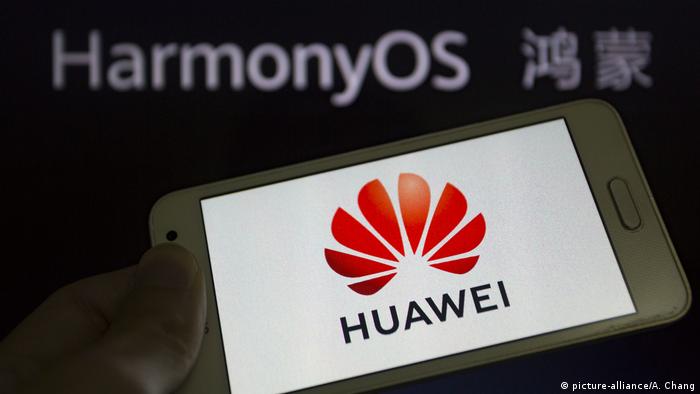Slipshod Sanctions
The end of last week proved bitter for the markets: global stock indices simultaneously dropped, Brent Crude oil once again tested the strength of the $60 mark, and the ruble fell by 2.5%.* Three events rocked the markets: the reduction in Federal Reserve Board interest rates; the collapse of American-Chinese trade negotiations; and the implementation of new anti-Russia sanctions, which almost coincided in time and definitely coincided in source with the failure of negotiations, i.e., the Trump administration.
Restrictions against Russia have, apparently, become uninteresting to Donald Trump, and he is blatantly carrying this work out halfheartedly, evoking Russia’s approval and choosing the softest options. Let’s remember that the first round of chemical sanctions, which was also not so severe, was implemented a year ago. Russia was given three months to show that it “had embarked on a path of correction,”** and, since nothing had changed, the second round was to begin last November. However, the sanction decree wasn’t ready until March and remained unsigned until a few days ago. Moreover, out of the six possible options, which varied in severity, the U.S. chose the two that would cause the least damage to Russia: not downgrading diplomatic status; not restricting exports, imports or flight connections; just a ban on American bank loans for the Russian government and restrictions on funding Russia via international financial structures.
But the fact is the Russian government, with its hefty reserves and budget surplus, simply isn’t in need of such help or credit. The currency and financial markets’ response to the news of the new round of sanctions was excessively jittery and therefore short-lived. It only amplified the effect of the other factors, which have a more long-term character.
Despite all the contradictions, inconsistency and unconvincing tweets, one can clearly see that the president wishes to achieve reasonable victories that will prove his ability to close what, to him, are profitable deals, exclusively on his terms. Compromise isn’t his style. With his focus on reelection to a second term, Trump is trying to solve several problems so that he can impress American voters.
One of the president’s key goals is to get a concession from China, his main trading partner and America’s competition. Russia is too insignificant a player for the U.S., and there is no room here for any spectacular deal. The sanctions against Iran and North Korea, which are not comparable in military power and with which he has a chance of reaching his goals, make Trump an important geopolitical player in the eyes of the American electorate. To get a considerable concession from Russia using sanctions within the limits of a presidential term is practically impossible. So, is it really worth it for him to break his neck? Russia will play a different role in his plans. The termination of limits on the number of missile systems will revitalize the military-industrial complex through purchase orders, and it will secure the support of industry and military lobbies.
The next round of American sanctions against the Russian Federation will not create a new political or economic reality, and therefore its influence on the market will be neither strong nor continuous. Instead, the escalation of the trade war with China and the introduction of new American duties on all goods from China will have a stronger and more enduring negative influence on the markets.
The Trump administration’s aggressive concern over foreign trade parity with its strongest partners is undermining the foundations of international trade. It will contribute to the slowdown of global economics, which could negatively impact the needs of markets for commodities that are the basis of Russian exports. If Brent Crude oil does not manage to stay above $60, there is a possibility that it will continue to fall to $55 and, at the moment, even to $50 per barrel.
In this situation, the continued weakening of the ruble may compensate for the loss of oil industry workers and Russia’s budget. The stock markets will have the chance to correct themselves after the previous increase. The heightened turbulence on the financial markets will reduce investors’ tolerance for risk, which will cause an outflow of means from the markets of developing countries. In this scenario, the ruble may weaken to 67 rubles to the dollar, if not 70.
However, the steep turns in Trump’s policies always leave a chance for American representatives to return to the table for trade negotiations with representatives of China once again. This could really restore a positive mood in the market.
*Editor’s note: Brent Crude oil is a major trading classification of sweet light crude oil that serves as a benchmark price for purchases of oil worldwide.
**Editor’s note: This quote, accurately translated, could not be verified.

